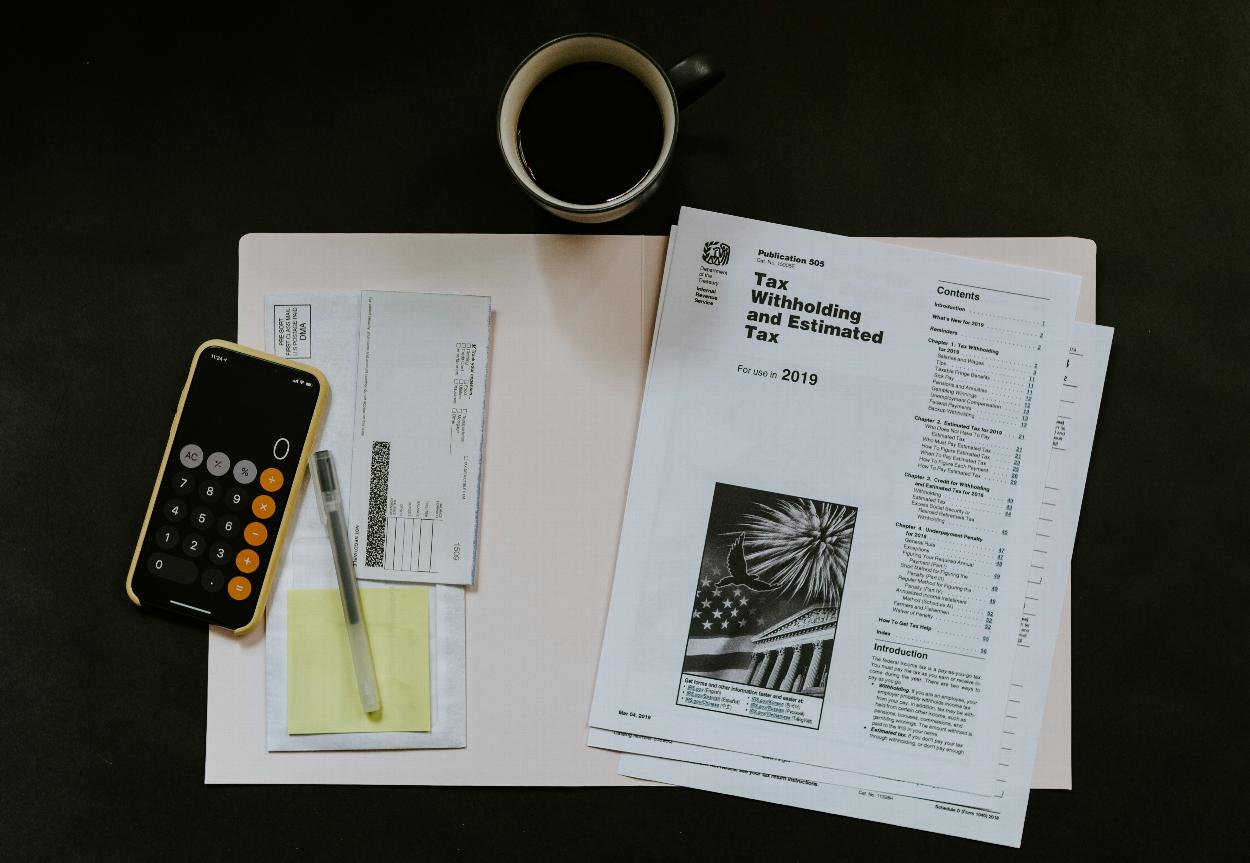Come with us on a journey for a minute. Let's imagine it's Saturday, late morning. A beautiful, warm summer's day, you can smell the freshly cut grass from your neighbour's front lawn, the sun is pounding down through the window and your kids are playing blissfully in the street. You can virtually taste the first sip of a well-earned, ice-cold glass of beer at your local down the road.
Instead…you're buried under a mountain of faded, unfamiliar paperwork and receipts, trying to make some sense of your business finances. Worst of all, your year-end deadline is fast approaching; it's tax season – which means you're in a massive rush, and there's a bill awaiting that you (most likely) haven't budgeted for. The icing on the cake.
Sound familiar?
Of course it does! The thing is, this situation is far from unique, it's actually incredibly common. For most small business owners, tax season can truly feel like an annual trap. One that you're completely aware of, but when it comes down to it, physically incapable of avoiding for a couple of very good reasons.
In truth, you can have all the best intentions in the world about tax season, we've heard them all. “I'm going to get ahead this year and stay on top of it”, or “I've learnt my lesson now, I'll never let that happen again”.
The problem is, you're so committed to running your business – providing a quality service to customers, communicating with suppliers, managing your own team, dealing with that dispute, drumming up new opportunities – the months absolutely fly past and tax season sneaks up on you like a stealth bomber, undetectable to radar and moving silently through the sky, until it's too late.
All of a sudden, you're in the thick of it – no time and no one there to help.
The Good News
There is of course a silver lining to all this. You've guessed it – it doesn't have to be this way!
With guided planning, some application and an educated nudge in the right direction, the dreaded tax season can become part of the furniture within your usual working routine. Further, it can even become something to look forward to once you add in some clever structure and informed spending.
That's why we've devised this guide. It's time to turn the tide on tax season through following a replicable process that anyone can use.
Let's get started, shall we?

The Key to Tax Season Success: Build a Timeline
If you start the process early enough, you afford yourself the time to plan ahead and build a structure around what the upcoming year will look like. This immediately puts you leagues ahead of where you've been previously, as you've mapped out your key dates and steps leading up to each one.
For this working example, let's say your company year-end is 1st January, for simplicity's sake. Please remember to input your preparation and compliance dates accordingly, based on your own company year-end – January is just for our example!
An important point to raise here then – please do not wait until December to begin gathering your documents and information. Here's a simple example timeline to keep you on track in the lead up to year-end (if your accountant doesn't do your record-keeping for you, of course).
1st September (4 months to go until year-end)
Speak to your accountant, ask them what information they require from you. Off the back of that conversation, you can make/ask them to send you a list. Begin collecting and organising all required paperwork and documentation – allocate time to this process for a full month, so you will have the vast majority of paperwork collated by 1st October.
1st October (3 months to go until year-end)
Ask to schedule an appointment with your accountant – hopefully they will have availability within the month. At this meeting, you will discuss the paperwork you've collected, is there anything missing?
This is a brilliant opportunity to discuss financial performance for the year so far, and how the remaining quarter is looking for your company. Importantly, as you've left plenty of time, you can at this stage ask your accountant to allocate time in their diary (during late November/early December) for some tax planning. Namely, to advise you on expected profit levels when you're closer to year-end. This will allow you to invest surplus (taxable) profits before the year is out, reducing your tax liability if done correctly.
You can also use this meeting to confirm when your accountant has your year-end accounts and corporation tax return booked in for (it will be some time after your year-end date of January 1st of course). This is key for budgeting purposes – you will receive your tax company tax liability once this work is complete, and your corporation tax payment is due 9 months after your year-end.
1st November (2 months to go until year-end)
Now it's time to finalise all paperwork with your accountant, ensuring that you've covered all bases and there's nothing outstanding from previous months before your upcoming year-end. Bear in mind at this stage, there's still one month remaining in the year, so stay on top of things during your final month to close the year out in an organised and strong position.
1st December (1 month to go until year-end)
Okay then – you're now a month out from the point at which your company financial year comes to a close. You have all your paperwork sorted (pending the final month which is in hand, we've covered it above), you've consulted with your accountant and discussed the help and advice you need from them as the year ends, you've left PLENTY of time to budget for your corporation tax payment deadline (which isn't for another 9 months yet) and you've built a replicable process that you can use year-after-year to stay on top of your game financially.
That's an incredible transformation, a wonderful use of your time and you're now in position to make some incredibly smart investment decisions off the back of your accountant's advice. These investments can either propel your company forward for the upcoming year or treat yourself and your team. After all, you've earned it by putting the hard work in for months.

A Parting Thought
So, there we have it. Your very own bulletproof plan for every future tax season.
If you're reading this article, you're most likely right in the midst of your own tax season as we speak, or you've just rolled through the end of it and have vowed to make a change moving forward. Either way, you can make immediate use of what you've learned in this guide.
Next year, that beer at the local is yours – and so is more time spent on your business, vastly improved decision-making, investment opportunities, cash flow and budgeting success – this is the power of excellent planning and working in harmony with your accountant. You're getting more value out of them, and they'll even thank you for it – imagine that.
Turn a scramble into a strategic advantage.
Build a timeline. Diarise the steps leading up to each milestone. Execute.
If you'd like help with your company compliance obligations or indeed implementing any of the processes within this Knowledge Hub guide, feel free to contact us.
For all general accounting enquiries, please give us a call or fill out our enquiry form.

